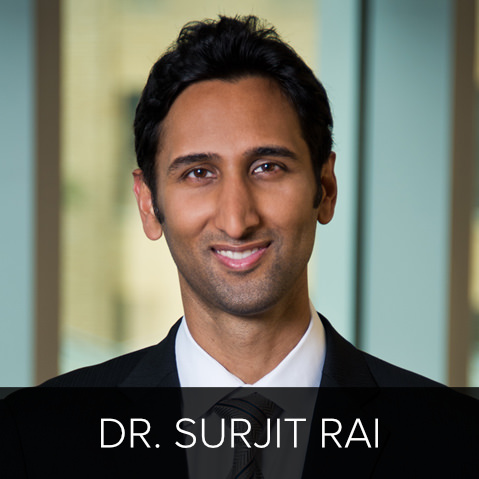Injection Lipolysis: A Realistic Alternative to Liposuction?
Injection lipolysis claims to remove stubborn fat deposits in a non-invasive, non-surgical procedure that, like liposuction, can get rid of stubborn fat deposits.In this treatment, a chemical is injected into fatty deposits, causing the fat to dissolve.Although not yet FDA-approved, it continues to be practiced by many doctors, who tout its benefits.
However, there is reason to regard this treatment with skepticism as it may not be effective and may be dangerous.
No Standard Formulation
Taking a drug that has not been FDA-approved is like voluntarily taking a step back to an earlier time in medicine when you had no idea what might be in that drug you were taking.Cough syrups contained opium, pep pills cocaine, and the seller had no responsibility to make sure that the ingredients were either safe or effective.
Lipodissolve has no standard formula.Most variations of the formula include phophatidylcholine (PPC) and sodium deoxycholate (SDC).PPC is the chemical considered responsible for the destruction of fat, since it includes choline, a substance used by the body in the regulation of cell membranes.However, most doctors using lipodissolve custom-mix their own cocktails of chemicals designed to increase the effectiveness of the injection.
But does it work?
The FDA has not been determined the treatment to be effective, but its proponents claim it is very effective.A researcher with a vested interest published a study saying that as many as 99 % of candidates injected with her personal formulation had some reduction of fat. Proponents also claim it stimulates skin tautness.
Is it dangerous?
According to proponents, the side effects are very minor, consisting of only pain and swelling at the injection site, no worse than Botox or soft tissue fillers.The only complications are hyperpigmentation and persistent pain beyond 2 weeks following the injection.Proponents claim these side effects are experienced in less than 1/20th of 1 percent of patients.
But there is reason to doubt that the treatment has any degree of specificity for fat.According to tissue culture studies, lipodissolve formulas cause general cell death, including fat, muscle, and other tissues, meaning the formula is potentially dangerous.Essentially, the formula could just as easily dissolve muscle or nerves as fat. Essentially, you are injecting a toxin into your body to kill cells.
Dr. Rai does not practice lipodissolve because of its unproven results and possible dangers.As with many treatments that promise great results with no sacrifice, it is best to consider the claims and evidence carefully before you put yourself at risk.
To learn more about proven treatments that can help you get rid of unwanted fat deposits, contact the Cosmetic Surgical Center in Dallas, Texas, today for a consultation.
Dr. Vasdev Rai
 Dr. Vasdev Rai has performed more than 25,000 cosmetic surgeries over his more than 30 years in practice as a Dallas plastic surgeon. He is a board-certified plastic surgeon who was first certified by the American Board of Plastic Surgery in 1983. Learn More...
Dr. Vasdev Rai has performed more than 25,000 cosmetic surgeries over his more than 30 years in practice as a Dallas plastic surgeon. He is a board-certified plastic surgeon who was first certified by the American Board of Plastic Surgery in 1983. Learn More...
Dr. Surjit Rai
 Dr. Surjit Rai was born and raised in Plano, Texas. Being the son of a plastic surgeon, Dr. Rai had the unique opportunity to see first-hand the impact a plastic surgeon can have. He knew at a young age that he would dedicate his life and academic career towards the goal of becoming a plastic surgeon. Learn More...
Dr. Surjit Rai was born and raised in Plano, Texas. Being the son of a plastic surgeon, Dr. Rai had the unique opportunity to see first-hand the impact a plastic surgeon can have. He knew at a young age that he would dedicate his life and academic career towards the goal of becoming a plastic surgeon. Learn More...
